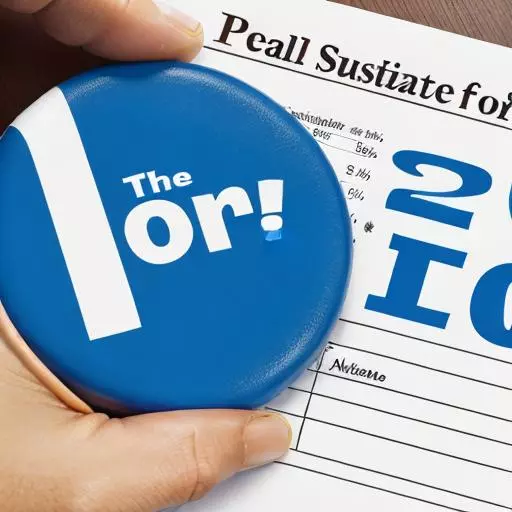Introduction
Political polling plays a crucial role in shaping our understanding of elections and public opinion. However, conducting accurate political surveys can be challenging due to evolving demographics, changes in communication, and shifts in public sentiment. In this blog post, we delve into the art of political polling and discuss strategies to ensure accurate surveys and meaningful insights.
The Significance of Political Polling
- Measuring Public Opinion: Political polling helps gauge the opinions, preferences, and attitudes of voters and citizens. It provides a snapshot of public sentiment at a particular moment, offering valuable insights for candidates, parties, and policymakers.
- Informing Campaign Strategies: Political campaigns use polling data to tailor their messages, target specific demographics, and allocate resources effectively. This data-driven approach enhances a campaign’s chances of success.
- Predicting Election Outcomes: Polls often serve as predictors of election results, allowing media outlets and the public to anticipate who might win an election. However, accurate predictions depend on precise polling methodologies.
Strategies for Accurate Political Polling
- Random Sampling: A key principle of reliable polling is random sampling. Ensure that your sample group is truly representative of the entire population. This minimizes biases and errors in your survey results.
- Sample Size Matters: A larger sample size provides more reliable results. While larger samples can be expensive and time-consuming, they reduce the margin of error and increase the confidence level of your findings.
- Proper Question Design: Craft clear, unbiased, and non-leading questions. Avoid loaded language and keep questions neutral to obtain genuine responses. Pre-testing questions can help identify potential issues.
- Mode of Data Collection: Choose the right mode for data collection, whether it’s phone surveys, online polls, or in-person interviews. Be aware of potential biases associated with each method and adjust your approach accordingly.
- Weighting and Stratification: Apply appropriate weighting and stratification techniques to adjust for any imbalances in your sample. This ensures that your results accurately represent the demographics of the population you’re studying.
- Transparency: Maintain transparency in your polling methods and results. Share information about your sample size, methodology, and any potential biases with your audience.
- Frequency of Polling: Consider the timing and frequency of your polls. Regular tracking polls can help identify trends over time, while exit polls provide real-time insights on Election Day.
- Aggregate Data: Analyze and aggregate polling data from multiple sources to reduce the impact of any single poll’s potential errors or biases.
Challenges and Ethical Considerations
- Non-Response Bias: Address the challenge of non-response bias, where certain groups are less likely to participate in surveys. Implement effective follow-up procedures to minimize this bias.
- Margin of Error: Acknowledge the margin of error associated with your poll results and avoid overinterpreting small differences in percentages.
- Ethical Conduct: Ensure ethical conduct in political polling by respecting respondent privacy and anonymity. Ethical guidelines should be followed to maintain the integrity of your data collection process.
- Release Timing: Be mindful of the timing of poll releases, as they can influence public perception and potentially interfere with the democratic process.
Conclusion
Political polling is both an art and a science, requiring careful consideration of methodologies, sample sizes, and ethical standards. When conducted accurately and transparently, political polling provides invaluable insights into public opinion, informing campaigns, policymakers, and the general public. By adhering to best practices and staying vigilant in the face of evolving challenges, political pollsters can continue to play a vital role in our democratic processes.

